South Africa is suffering from a multiplicity of turmoils, one of which has been Covid-19, the others being totally homegrown. South Africans have been battered mercilessly, and in many ways, unnecessarily.
Before Covid-19 arrived on the scene, our own elected government had presided over a steady deterioration in the economy. There are a large number of problems, many of them appearing almost daily in the news. Who has not heard of the troubles experienced by the large state corporations and the massive losses they have incurred?
Let’s look at Eskom as one of the examples. This state-owned enterprise functions on the basis that whatever costs it experiences, for whatever reason, electricity customers and taxpayers foot the bill. When Eskom’s expenditure far exceeds its available resources, it goes cap in hand to NERSA (the National Energy Regulator of South Africa) to approve an increase in the price it can charge the long-suffering buyers of electricity. And if that is not enough, the taxpayer pays through the Treasury. In the meantime, Eskom borrows money wherever it can find it.
By all accounts, the electricity company is over-staffed, inefficient, not providing a reliable service and allowed to charge above-inflation increases year after year. It regularly switches off the electricity supply to customers at short notice, causing havoc in the economy and in people’s lives. While South Africa has been clinging to a government-owned and managed electricity monopoly most other countries of any size have been liberalising their production, transmission, distribution, and sale of electricity. The process has led to increased efficiency and economic growth.
The wording in the Constitution and in the other South African aspirational document, the Freedom Charter, have clearly been forgotten by decision-makers who are responsible for policy decisions in Parliament and government. The Freedom Charter said: “We, the People of South Africa, declare for all our country and the world to know: that South Africa belongs to all who live in it, black and white, and that no government can justly claim authority unless it is based on the will of all the people; that our people have been robbed of their birth-right to land, liberty and peace by a form of government founded on injustice and inequality; that our country will never be prosperous or free until all our people live in brotherhood, enjoying equal rights and opportunities; that only a democratic state, based on the will of all the people, can secure to all their birth-right without distinction of colour, race, sex or belief; And therefore, we, the people of South Africa, black and white together equals, countrymen and brothers adopt this Freedom Charter; And we pledge ourselves to strive together, sparing neither strength nor courage, until the democratic changes here set out have been won.”In talking about America, Thomas Jefferson made the following famous statement: “An elective despotism was not the government we fought for; but one that should not only be founded on free principles, but in which the powers of government should be so divided and balanced among several bodies of magistracy, as that no one could transcend their legal limits, without being effectually checked and restrained by others….”
What the Freedom Charter and Jefferson were talking about goes to the root cause of the kind of problem that Eskom is experiencing. Decisions taken relating to matters that have a significant impact on the lives of the people are not the result of the people’s choices but of their elected representatives. If there were competing generators and distributors of electricity in South Africa, they would be vying through the quality of their service and their prices to become the first choice of the buyers of electricity. In that way the people would govern. They would decide who should be generating and distributing electricity in the country and at what price.Imagine how the retailing of food would be handled if the government took all the decisions regarding the food distribution process. Would they have competing retail stores such as the ones we have currently, where the “Customer is Queen” as Raymond Ackerman of Pick n Pay once described the situation? Not likely! Anyone who visited East Berlin during the Russian occupation would have been shocked at the poor quality of the goods displayed in the stores and to experience the poor service from the officials in charge. The difference between the day-to-day lives of those Germans living in East and West Berlin were as different as night and day. When the Berlin Wall came down the lives of the people living in East Berlin changed dramatically for the better.
It is competition between providers of goods and services that results in the greatest choices for customers, in the quality of goods and services available, and the prices they pay. And the highest level of competition comes about in the countries where the people have the greatest levels of individual freedom. The best governance of countries occurs where the people have the greatest level of say over the day-to-day decisions that affect their lives.The quality of service, choice, and prices of electricity would change as dramatically as the fall of the Berlin Wall if the entire process of generation, transmission, distribution, and sale of electricity was thrown open to competing providers. There has been a worldwide liberalisation of the various aspects of the electricity business with considerable benefit to the citizens of the countries where this has occurred. It is surely time for South Africa to take a similar positive step.






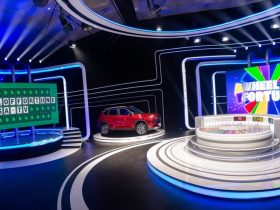



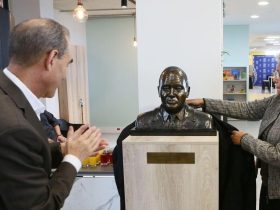







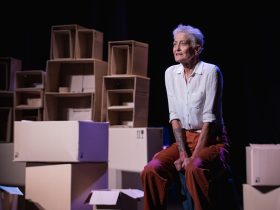
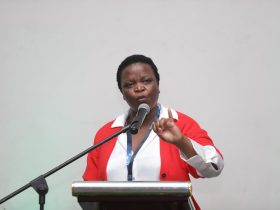

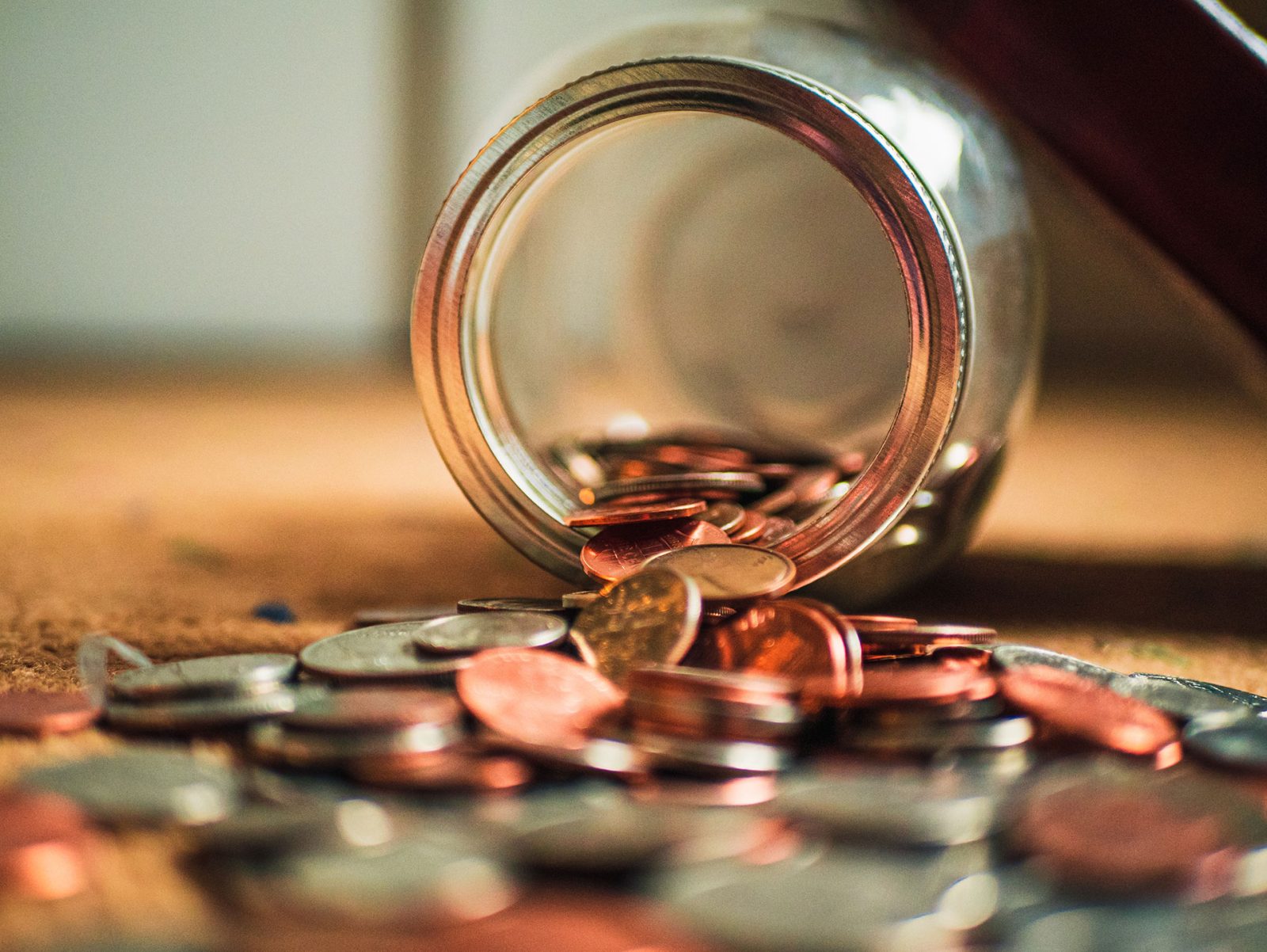


Leave a Reply